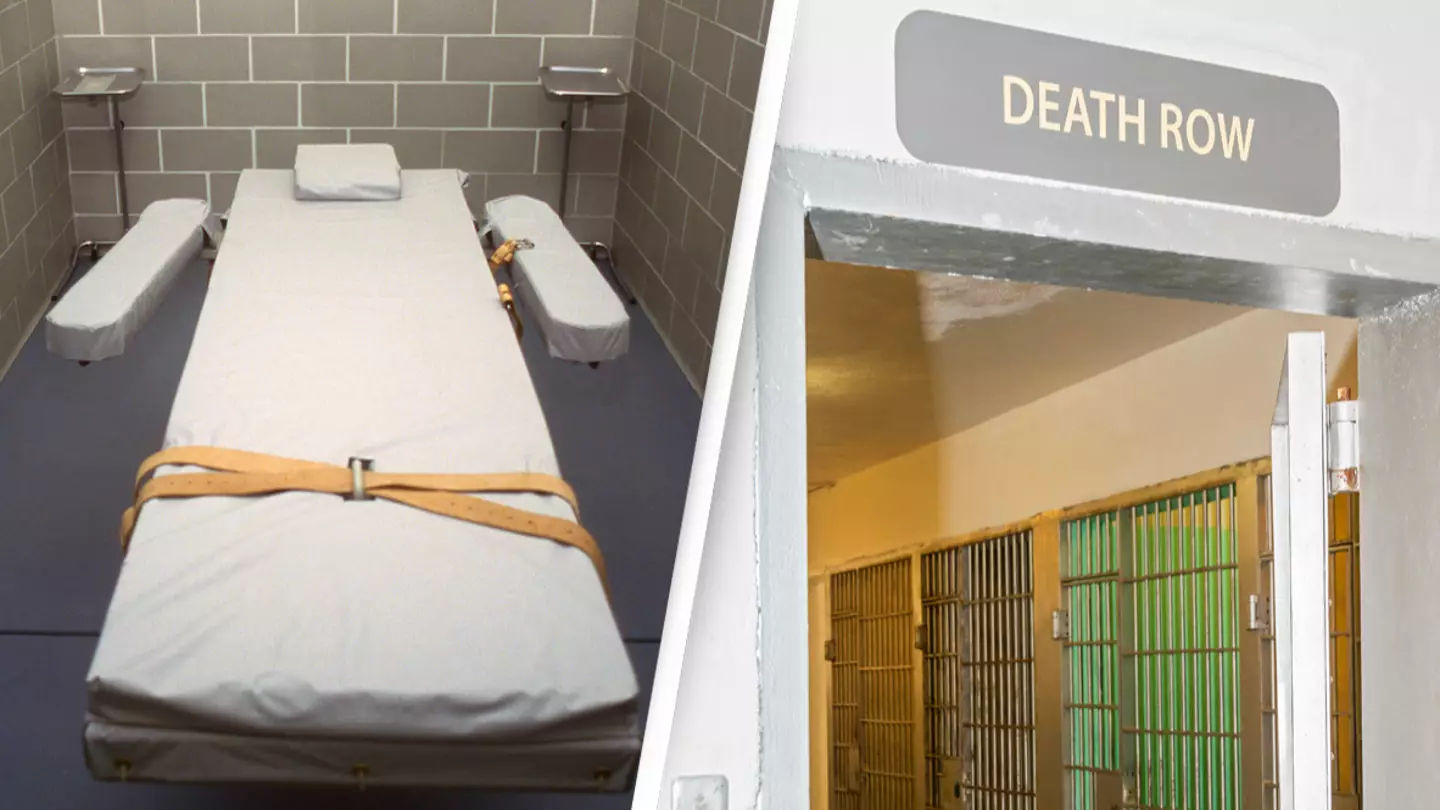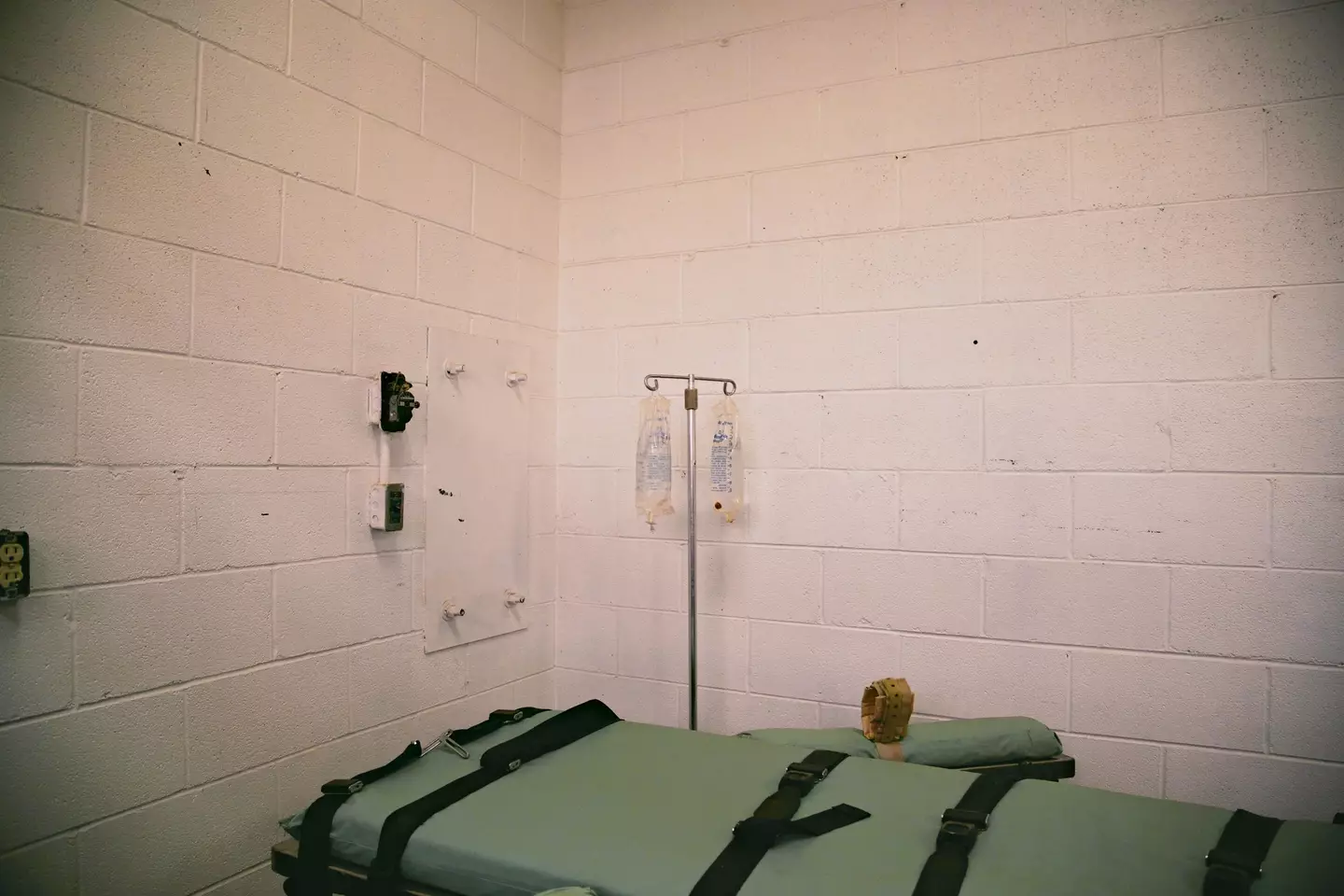
Alabama state could use a new method of execution on a death row inmate by the end of the month.
Alan Eugene Miller, convicted of killing three people in 1999, could be the first death row inmate to receive an alternative option, if Corrections Commissioner John Hamm approves it in time.
The new method will be an alternative to lethal injection, which has killed more than 1,300 people in the US since being introduced.
.jpg)
Advert
Alabama looks primed to bring in the new method called nitrogen hypoxia.
Nitrogen hypoxia induces death by replacing oxygen in the body with nitrogen, causing asphyxiation, which was approved in 2018 but has not yet been used.
Miller is said to have opted for the new execution method due to his fear of needles.
Whether nitrogen hypoxia is used available lies in the hands of Hamm.
Advert
While a decision is yet to be announced, deputy state attorney general James Houts has said that it's 'very likely' the new method will be available for Miller's execution.

The Alabama Department of Corrections has not confirmed these plans, but a spokesperson said in a statement: "Nitrogen hypoxia execution protocol is still under development, and the physical building modifications to the execution chamber are still in process.
"Due to the fact those two items are not yet in a finalised state and potential security concerns exist, that is all we are able to share at this time."
Advert
The new method was also approved in Oklahoma and Mississippi, with past death row inmates like Russell Bucklew appealing for its use.
Bucklew wanted to be executed by nitrogen hypoxia, due to a medical condition.
His appeal was not successful, and he was executed by lethal injection in 2019.

Advert
However, Miller's appeal looks like it could be successful, and while the new method provides some respite for those like Miller with a fear of needles, it has received backlash.
As Robert Dunham, the Death Penalty Information Center executive director told Newsweek: "In a very real sense, execution by nitrogen hypoxia is experimental.
"It has never been done before and no one has any idea whether it is going to work the way its proponents say it will.
"And there is no way to test it because it is completely unethical to experimentally kill someone against their will."
Advert
If you have a story you want to tell, send it to UNILAD via [email protected]